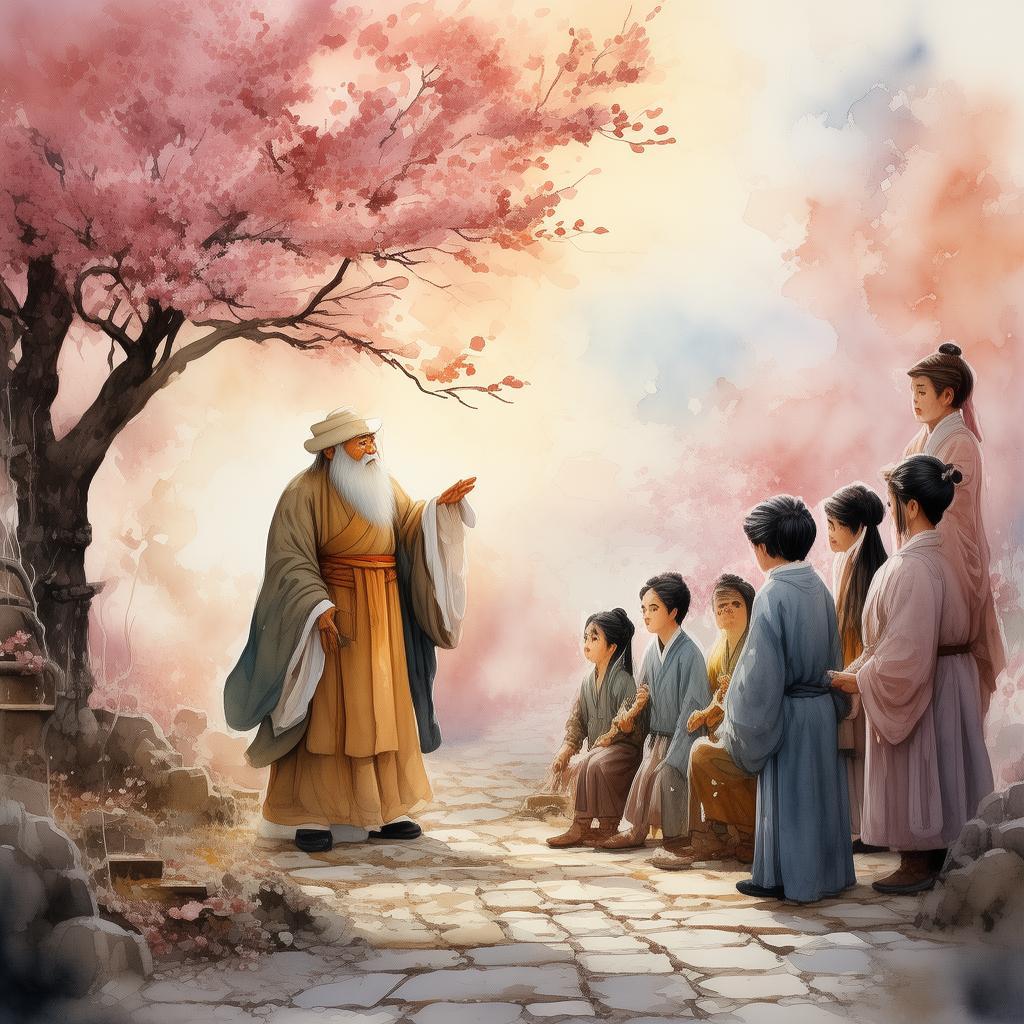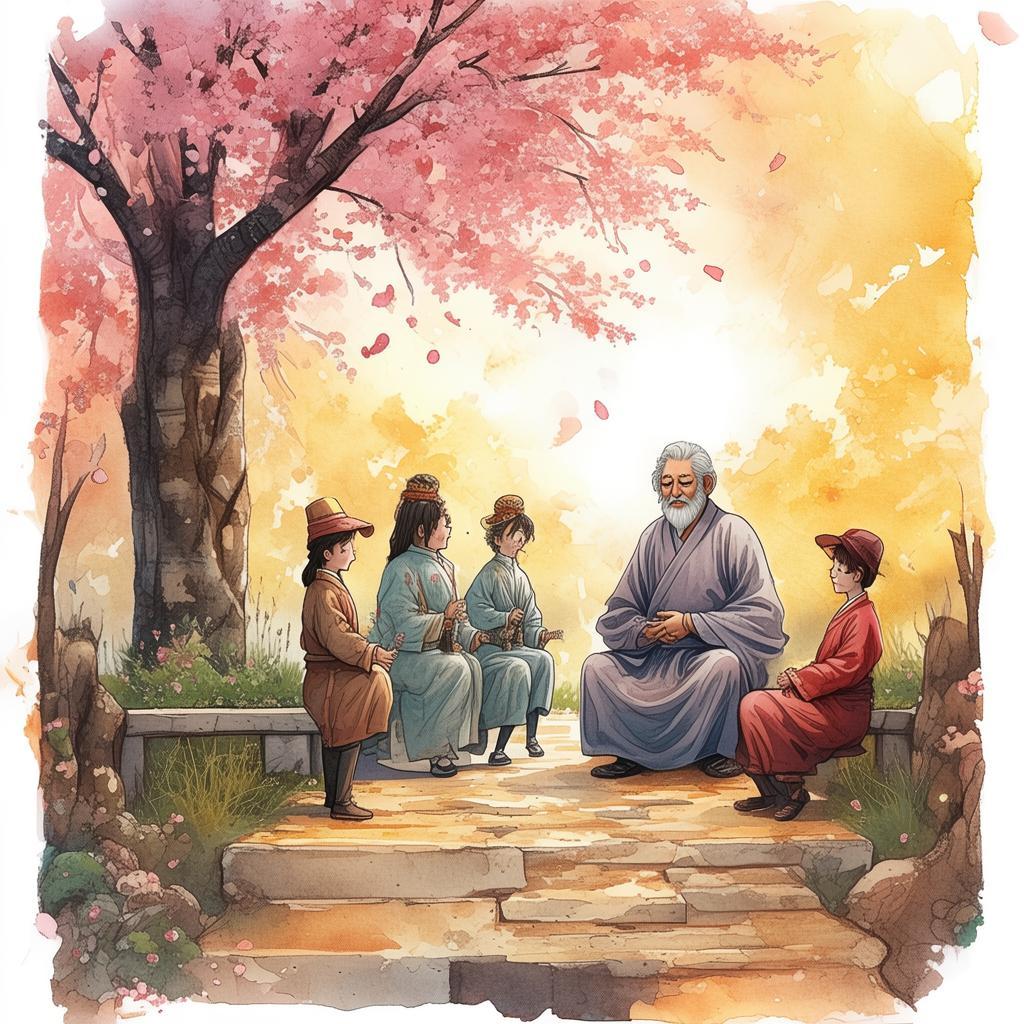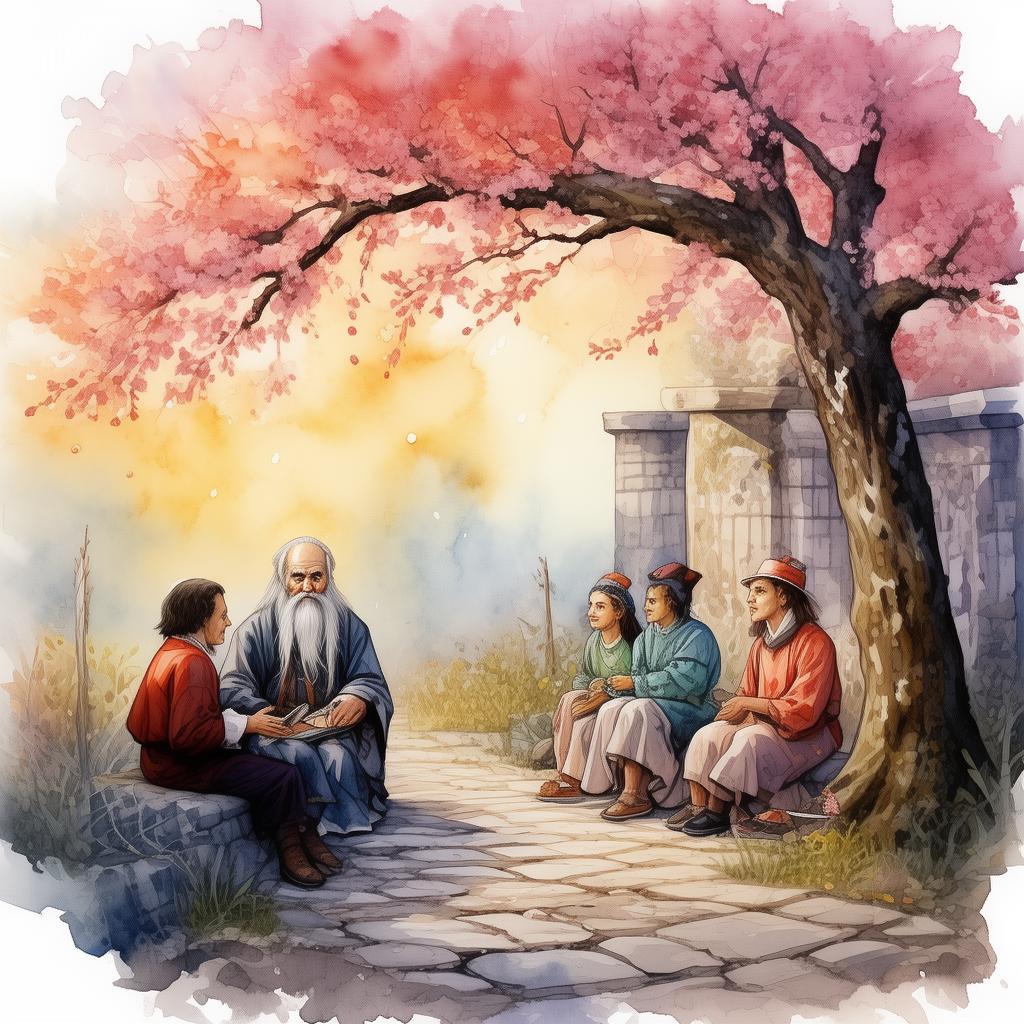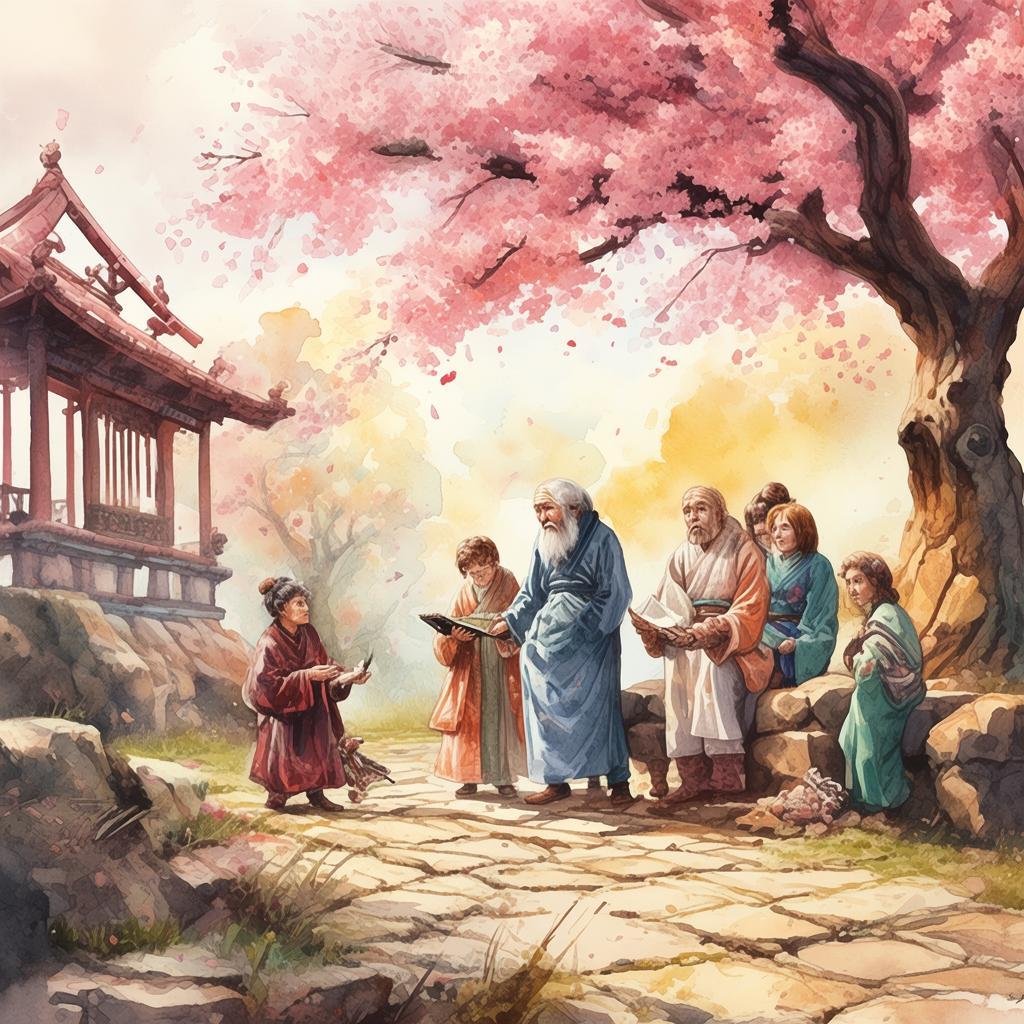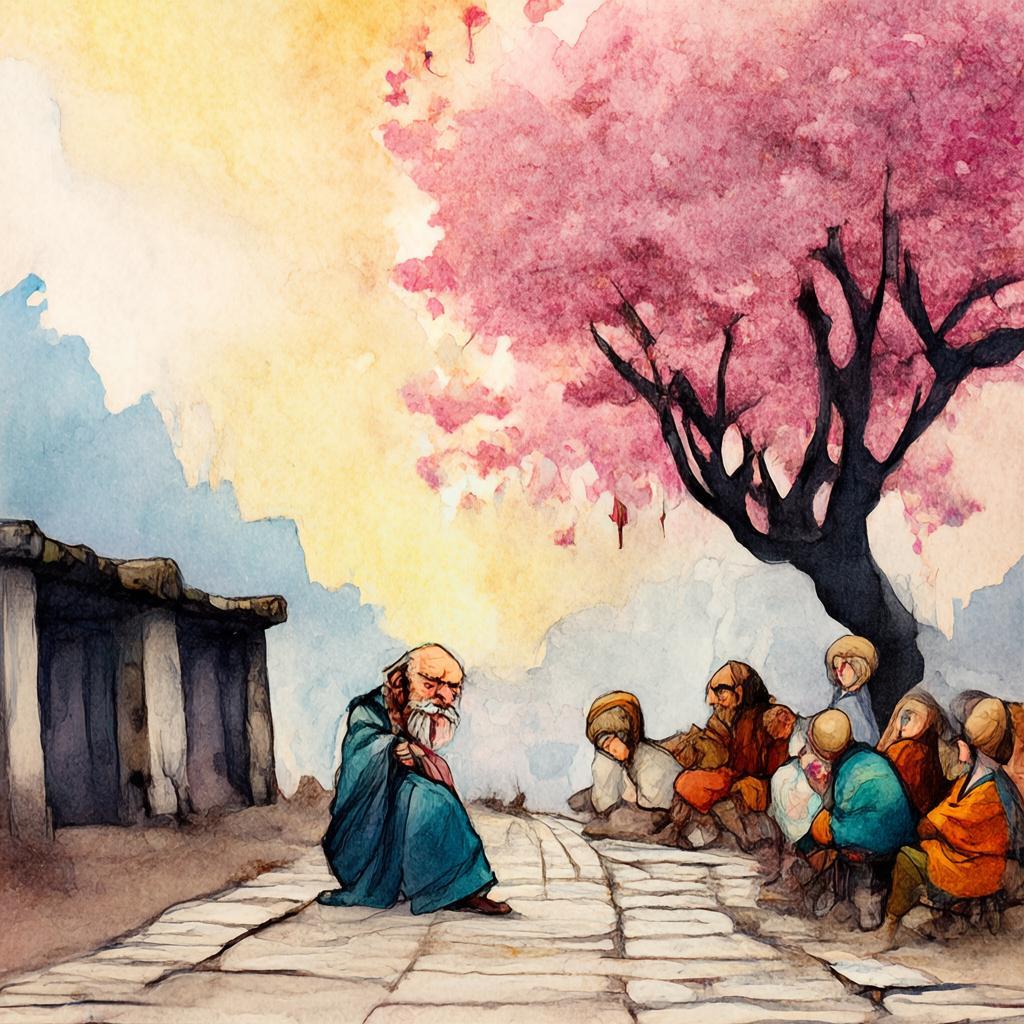The Engineer's Sticky Dilemma: The Paradox of Progress
In the bustling city of NeoTech, the skyline was dominated by towering skyscrapers, each one a testament to human ingenuity and the relentless pursuit of progress. At the heart of this urban jungle was the headquarters of Tech Innovations, a company that prided itself on pushing the boundaries of what was possible. Among the company's employees was a young engineer named Lin Wei, whose mind was as sharp as his algorithms.
Lin Wei had always been fascinated by the potential of technology to improve lives. His latest project, codenamed "EcoNet," was a revolutionary idea that promised to revolutionize energy distribution. The concept was simple yet groundbreaking: a network of smart sensors that could optimize energy use in real-time, reducing waste and conserving resources. It was a project that could earn him a place in the annals of technological history.
As Lin Wei worked tirelessly on EcoNet, he became increasingly absorbed in the intricate details of his creation. The sensors were designed to be incredibly efficient, communicating with each other through a complex web of data exchanges. It was a marvel of modern engineering, and Lin Wei was confident that it would change the world for the better.

One evening, as Lin Wei was reviewing the latest round of test results, he noticed something peculiar. The sensors were functioning perfectly, but there was a subtle increase in energy consumption in certain areas. Intrigued, he delved deeper into the data, only to discover a chilling truth: the sensors were inadvertently causing a ripple effect that was consuming more energy than they were saving.
The revelation hit Lin Wei like a ton of bricks. He had been so focused on the immediate benefits of his invention that he had overlooked the long-term consequences. The more he investigated, the more he realized that EcoNet was a ticking time bomb, a technology that could lead to unforeseen ecological disasters if not carefully managed.
Lin Wei knew he had to do something. He couldn't allow his creation to be released into the world without addressing the issue. But the dilemma was sticky. If he spoke up, he risked losing his job and the respect of his peers. If he remained silent, he would be complicit in a disaster that could affect the planet for generations to come.
As the days passed, Lin Wei grappled with his conscience. He sought advice from his mentor, an experienced engineer who had seen the dark side of technological advancement. "Lin, you have to decide what kind of engineer you want to be," his mentor said. "One who builds, or one who builds responsibly."
Lin Wei's decision was not easy. He spent countless nights poring over the data, searching for a solution that would save his invention and the planet. Finally, he hit upon an idea. He would modify the sensors to include a failsafe mechanism that would prevent the ripple effect from occurring. It was a risky move, but it was the only way to ensure that EcoNet could live up to its promise.
The modifications were successful, and Lin Wei presented his findings to the company's board. They were skeptical at first, but the evidence was undeniable. The board agreed to delay the release of EcoNet until the failsafe could be implemented.
Lin Wei's actions were met with praise from his peers and criticism from some within the company. But he knew that he had made the right choice. He had become an engineer not just of technology, but of responsibility.
The story of Lin Wei and EcoNet spread quickly through NeoTech, sparking a broader conversation about the ethical implications of technological progress. It became a cautionary tale, a reminder that with great power comes great responsibility.
In the end, Lin Wei's invention was released into the world, and it was a resounding success. The energy-saving benefits were significant, and the failsafe mechanism ensured that the planet was not endangered. Lin Wei's name was etched into the annals of history, not as the creator of a technological marvel, but as the engineer who had learned the true cost of progress.
The Engineer's Sticky Dilemma: The Paradox of Progress was a story that would be remembered for generations, a tale of a man who had the courage to face his own demons and make a difference.
✨ Original Statement ✨
All articles published on this website (including but not limited to text, images, videos, and other content) are original or authorized for reposting and are protected by relevant laws. Without the explicit written permission of this website, no individual or organization may copy, modify, repost, or use the content for commercial purposes.
If you need to quote or cooperate, please contact this site for authorization. We reserve the right to pursue legal responsibility for any unauthorized use.
Hereby declared.

